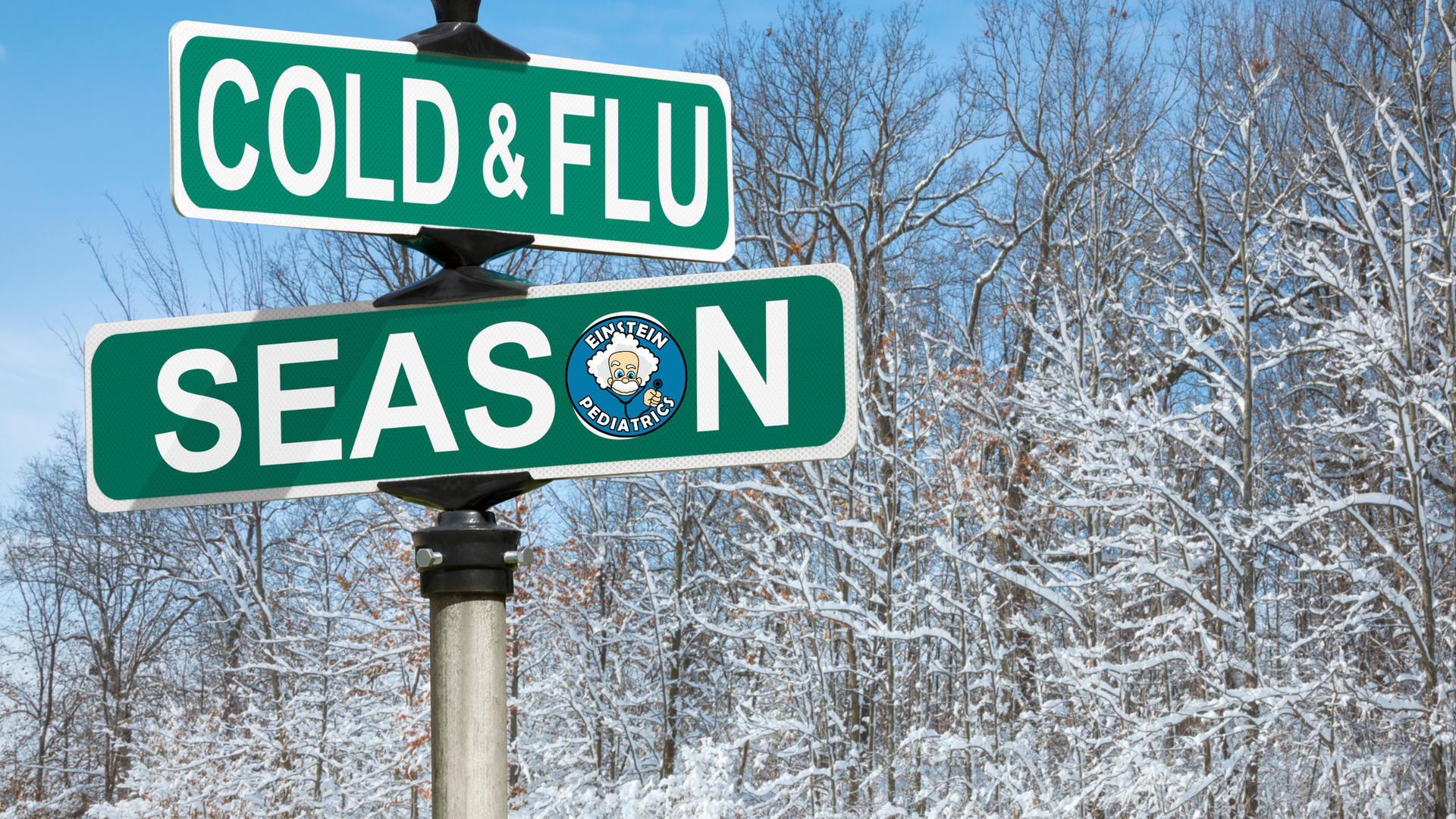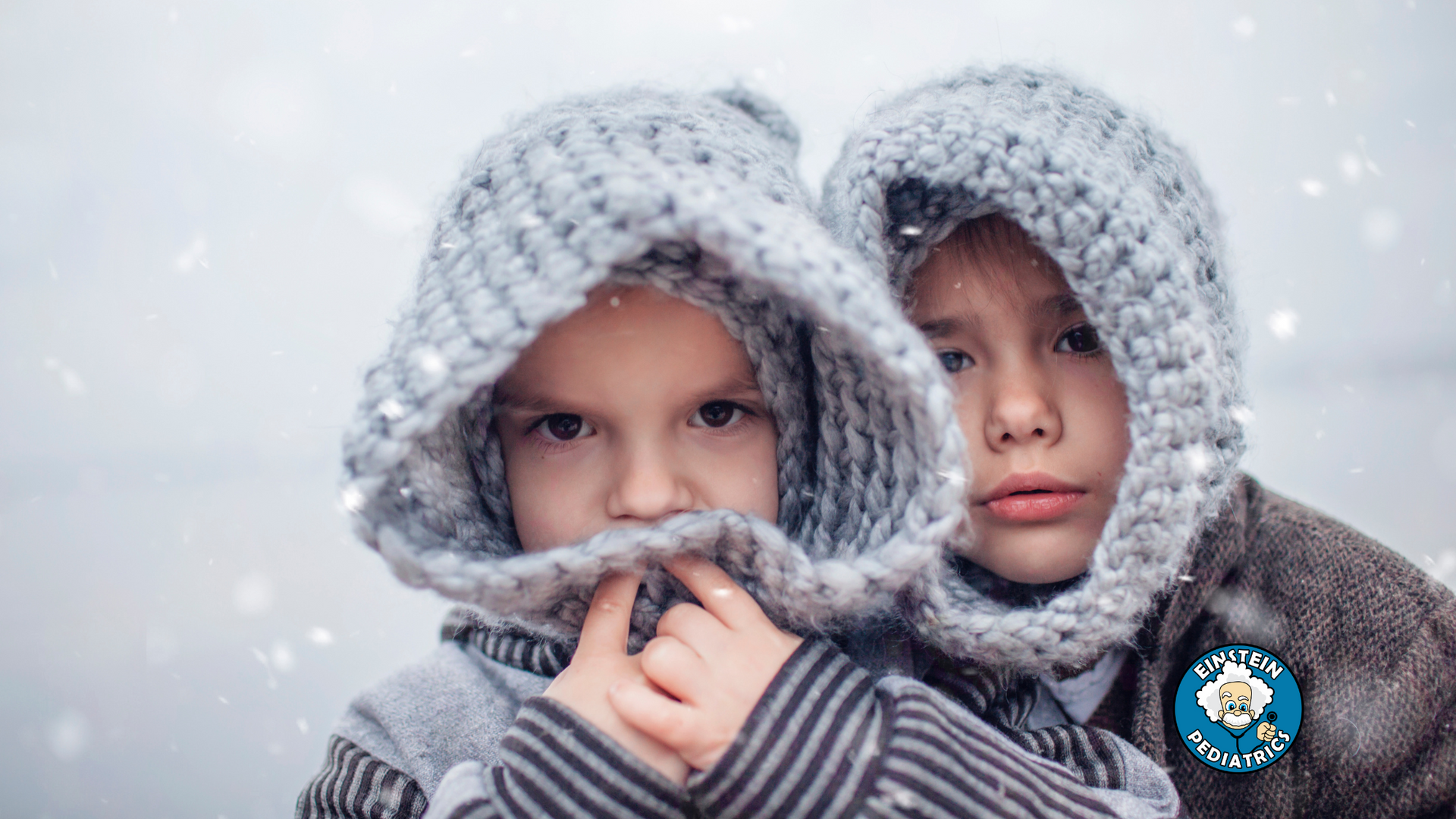What's Bugging Us in October?!?
Infections that are affecting kids now
As we move deeper into the fall season, Fairfax County has seen a notable rise in cases of respiratory syncytial virus (RSV) and influenza, with Mycoplasma pneumoniae infections also persisting. Understanding these illnesses, their symptoms, and when to seek medical attention can help families stay prepared.
A Quick Overview of the Illnesses
RSV (Respiratory Syncytial Virus): RSV is a common respiratory virus that affects people of all ages but can be especially severe in infants and young children. Symptoms include coughing, sneezing, runny nose, and sometimes wheezing. For some children, particularly those under two years of age or those with underlying conditions, RSV can lead to bronchiolitis or pneumonia.
Influenza (Flu): The flu is a highly contagious viral infection that impacts the respiratory system. Symptoms often include fever, body aches, chills, fatigue, and a dry cough. While most cases resolve with rest and fluids, the flu can lead to serious complications, particularly in young children and older adults.
Mycoplasma Pneumoniae: This bacterium causes a milder form of pneumonia, often referred to as "walking pneumonia." Symptoms can include a persistent dry cough, sore throat, and fatigue. Unlike RSV or flu, Mycoplasma pneumoniae infections tend to develop slowly, with a longer incubation period.
How to Treat These Illnesses
RSV and Flu: Treatment focuses on supportive care, including staying hydrated, using a humidifier to ease breathing, and using fever reducers like acetaminophen or ibuprofen as needed. In some cases, antiviral medications like Tamiflu can be prescribed for the flu if caught early. There is currently no antiviral treatment for RSV, so care is primarily aimed at keeping the patient comfortable.
Mycoplasma Pneumoniae: Antibiotics, such as macrolides (e.g., azithromycin), are effective against Mycoplasma pneumoniae. It’s important to follow the full course of prescribed antibiotics even if symptoms improve.
The Role of Nirsevimab for Infants
For infants, RSV can pose a significant risk, leading to severe respiratory illness that sometimes requires hospitalization. This year, nirsevimab (also known by its brand name Beyfortus) has become an important tool in preventing severe RSV infections in infants. Nirsevimab is a monoclonal antibody designed to provide passive immunity against RSV for newborns and infants during their first RSV season.
Unlike vaccines that stimulate the body’s immune response, nirsevimab provides immediate protection by delivering antibodies directly. It has been shown to reduce the risk of severe RSV-related complications, helping keep vulnerable infants safe during peak RSV seasons. The American Academy of Pediatrics has recommended nirsevimab for all infants under 8 months of age entering their first RSV season, and for certain high-risk infants up to 24 months old.
When to Seek Medical Care
Parents should keep an eye out for signs that an illness might need medical attention:
- RSV: Seek help if your child is breathing rapidly, struggling to breathe, wheezing, or showing signs of dehydration (e.g., fewer wet diapers). Babies who are very tired or feeding poorly may also need to be seen promptly.
- Flu: A high fever that lasts more than a few days, difficulty breathing, severe cough, or signs of dehydration warrant a visit to the pediatrician. Children with chronic health conditions or those under 2 years old are at higher risk for complications and should be monitored closely.
- Mycoplasma Pneumoniae: If a child has a persistent cough that lasts for more than a week or is accompanied by fever, fatigue, or difficulty breathing, it's time to see a doctor for evaluation.
Staying Protected
In addition to the RSV prevention provided by nirsevimab, parents are encouraged to ensure their children receive the flu vaccine, practice good hand hygiene, and keep children home from school or daycare when they are ill. The flu vaccine is particularly important this season as it can help prevent severe flu cases, which can sometimes coincide with RSV outbreaks.










